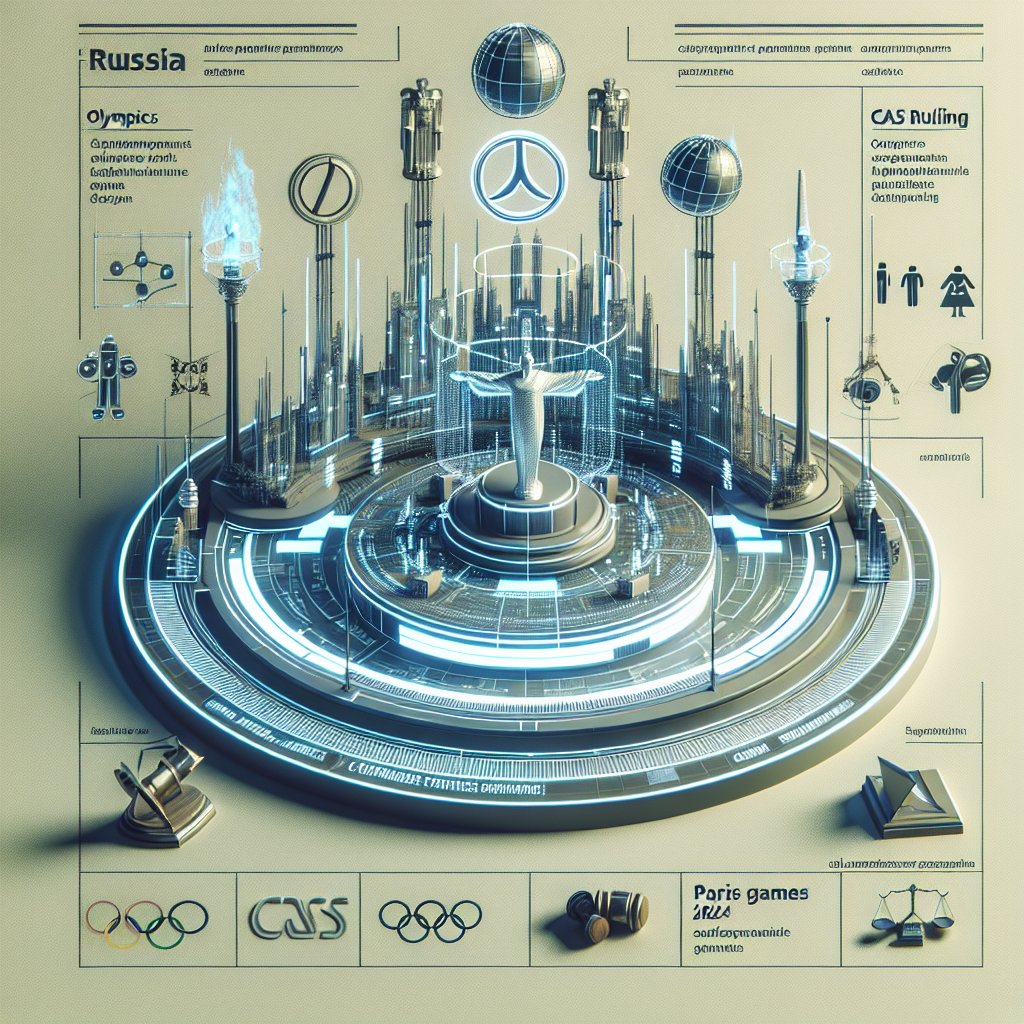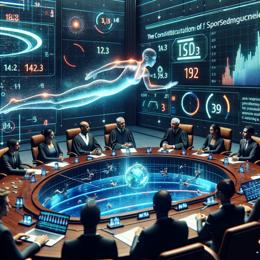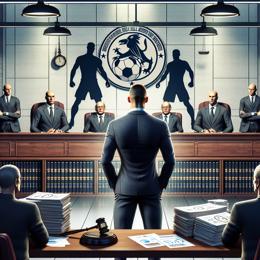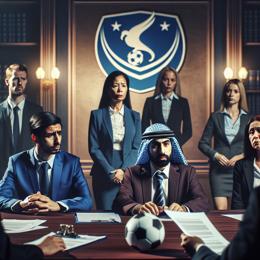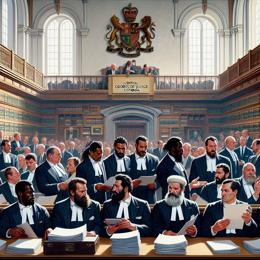Image created by AI
Court Upholds Russia's Olympic Ban Over Ukraine Invasion
The international sports community saw a decisive legal conclusion on Friday when the Court of Arbitration for Sport (CAS) upheld the ban of the Russian Olympic Committee (ROC) by the International Olympic Committee (IOC). The ruling comes as a blow to Russia's hopes of national representation in the international arena, as the CAS confirmed the legitimacy of the IOC's suspension made on October 12, 2023.
The IOC's original suspension was grounded on Russia's recognition of territories within Ukraine—Donetsk, Kherson, Luhansk, and Zaporizhzhia—as separate entities, which are internationally recognized as part of Ukraine. This decision by Russia violated the territorial integrity of the Ukrainian membership in the International Olympic movement, directly breaching the Olympic Charter.
In its judgment, CAS found no violation in principles such as legality, equality, predictability, or proportionality by the IOC's executive board. The IOC expressed satisfaction with the outcome, supporting the ruling from its headquarters in Lausanne, which firmly reinforced the integrity of international sporting rules and norms.
Russia's attempt to include regional sports organizations that fell under the Ukrainian NOC was cited as a significant breach of protocol. The Olympic Charter sets clear boundaries respecting the sovereignty of members, and any breach thereof is taken seriously as it undermines the core values and structure of the Olympic movement.
The ROC, in its response to the initial suspension, labeled the decision by the IOC as "counterproductive" and "politically motivated," subsequently appealing to the CAS, the apex sports tribunal, on November 6. Despite this steadfast reaction, the CAS ruling affirmed the suspension, maintaining the stance that the integrity of the Olympic movement and its member countries are non-negotiable elements that must be upheld consistently.
Interestingly, in a move demonstrating a nuanced position and attempting to balance the principles of individual athlete rights with those of national conduct, the IOC permitted Russian and Belarusian athletes to participate as neutrals in the 2024 Paris Olympics, provided they did not actively support the war on Ukraine. This concession was met with mixed reactions, as Russian authorities decried the neutral participant status as discriminatory, though they also agreed to send eligible athletes under the set criteria to Paris.
The conditions set for Russian and Belarusian athletes distinguish between individual competitors' and national entities' actions, allowing qualified athletes a chance to compete without their nations' flags. This pathway to participation, while controversial, addresses the complex intersection of sports and political sanctions, where athletes, who often train for years for such moments, face the risk of being sidelined due to their countries' geopolitical maneuvers.
The statistics offered by the IOC highlighted that while only a small cadre of Russian and Belarusian athletes—eight and three respectively—met the criteria for competing as neutrals, over 60 Ukrainian athletes had qualified for the games. This scenario sets the stage for a Paris Olympics where the presence of athletes from this region will come with an additional layer of contextual undertones, highlighting the ongoing tensions affecting their nations.
As the Paris Olympics, scheduled to run from July 26 to August 11, draw closer, the geopolitical developments and their implications on global sports will remain of high interest. The latest ruling by CAS has not only set a precedent for how international sports bodies handle situations where political actions influence sports but also charts a possible path for athlete participation under extraordinary circumstances.
The sporting world watches on as Russia contends with the implications of the upheld ban and how it will navigate its athletes' participation in the Paris Games, while the wider Olympic community reflects on the intricate balance of upholding fairness, neutrality, and political awareness in its mission to foster peace through sports.
